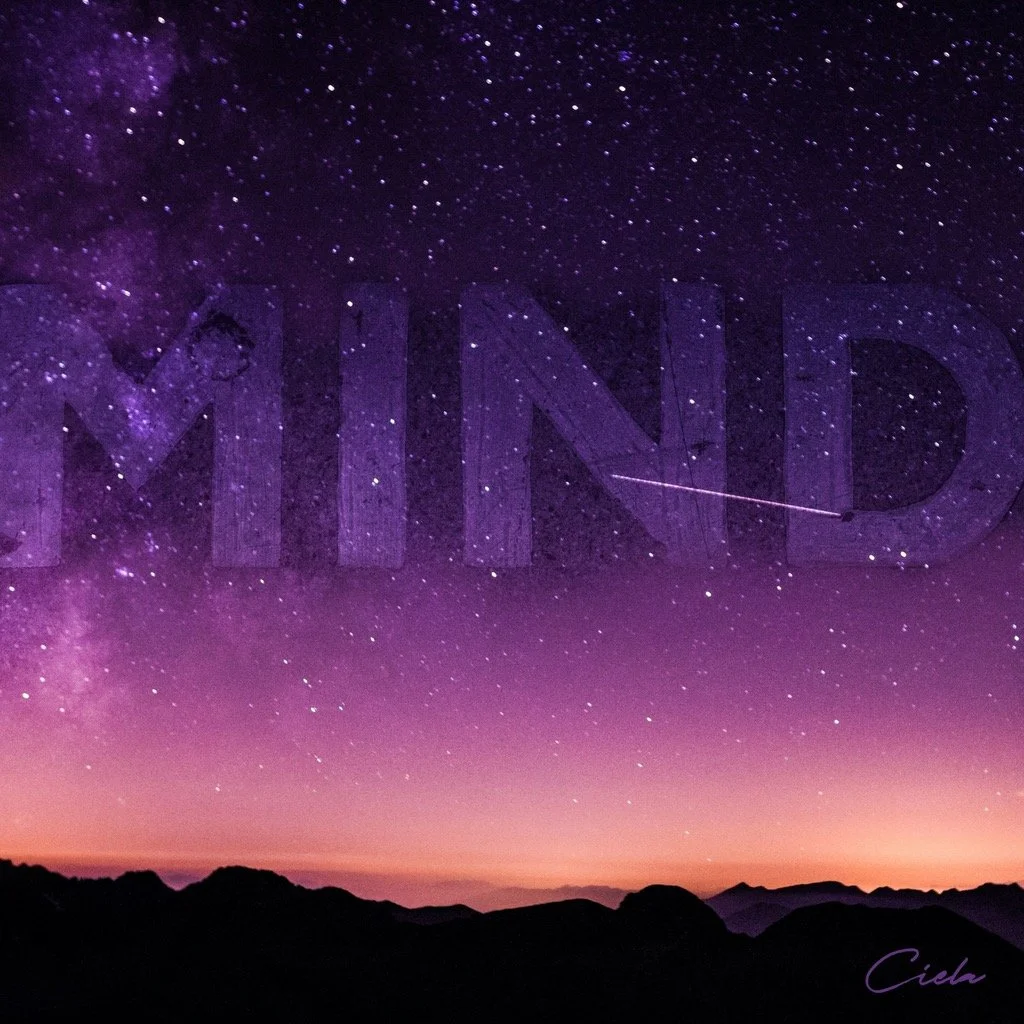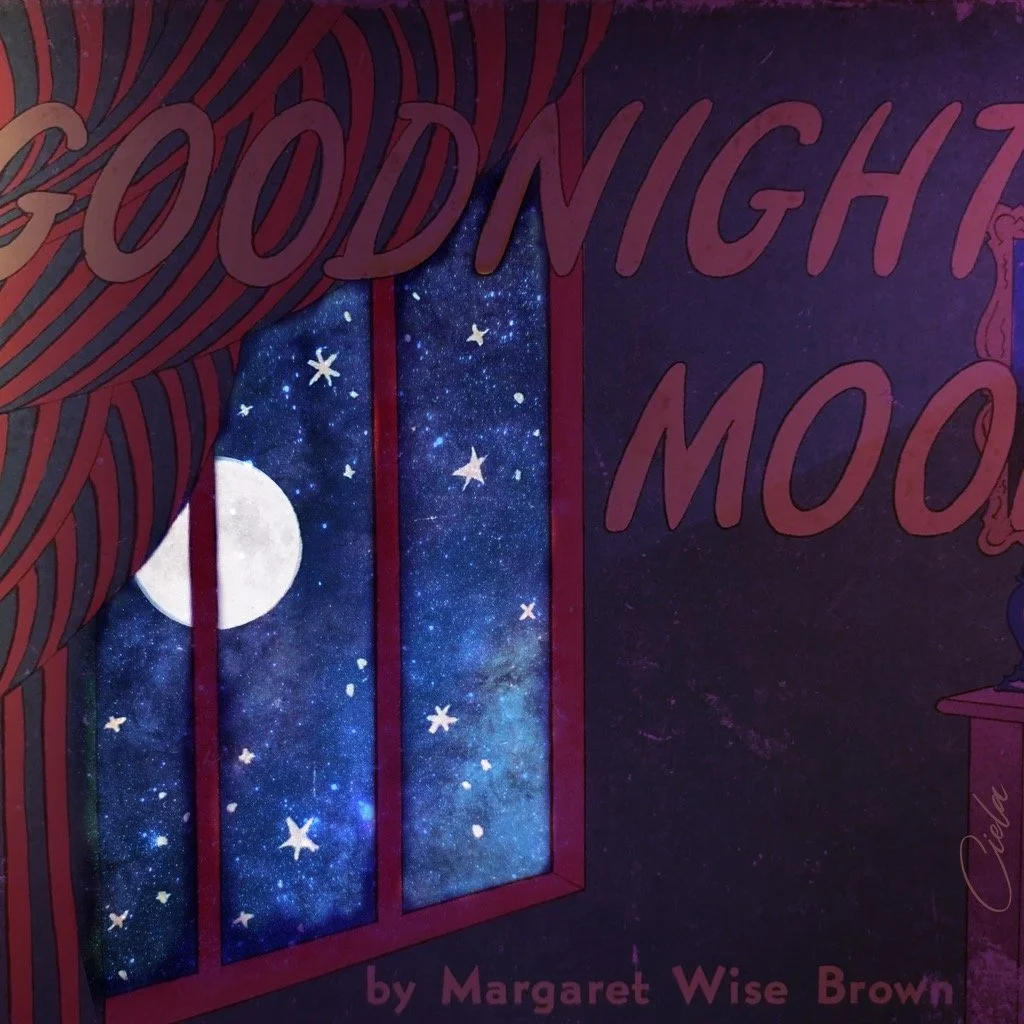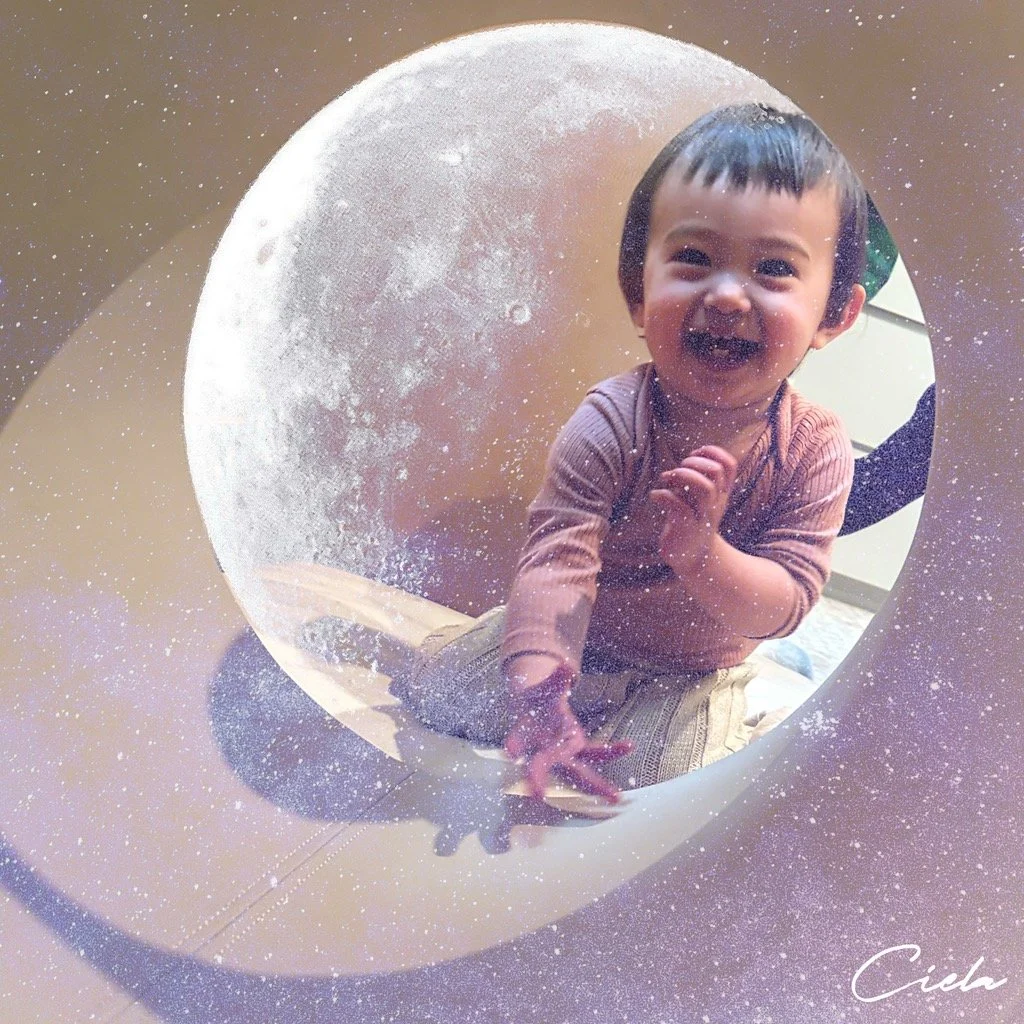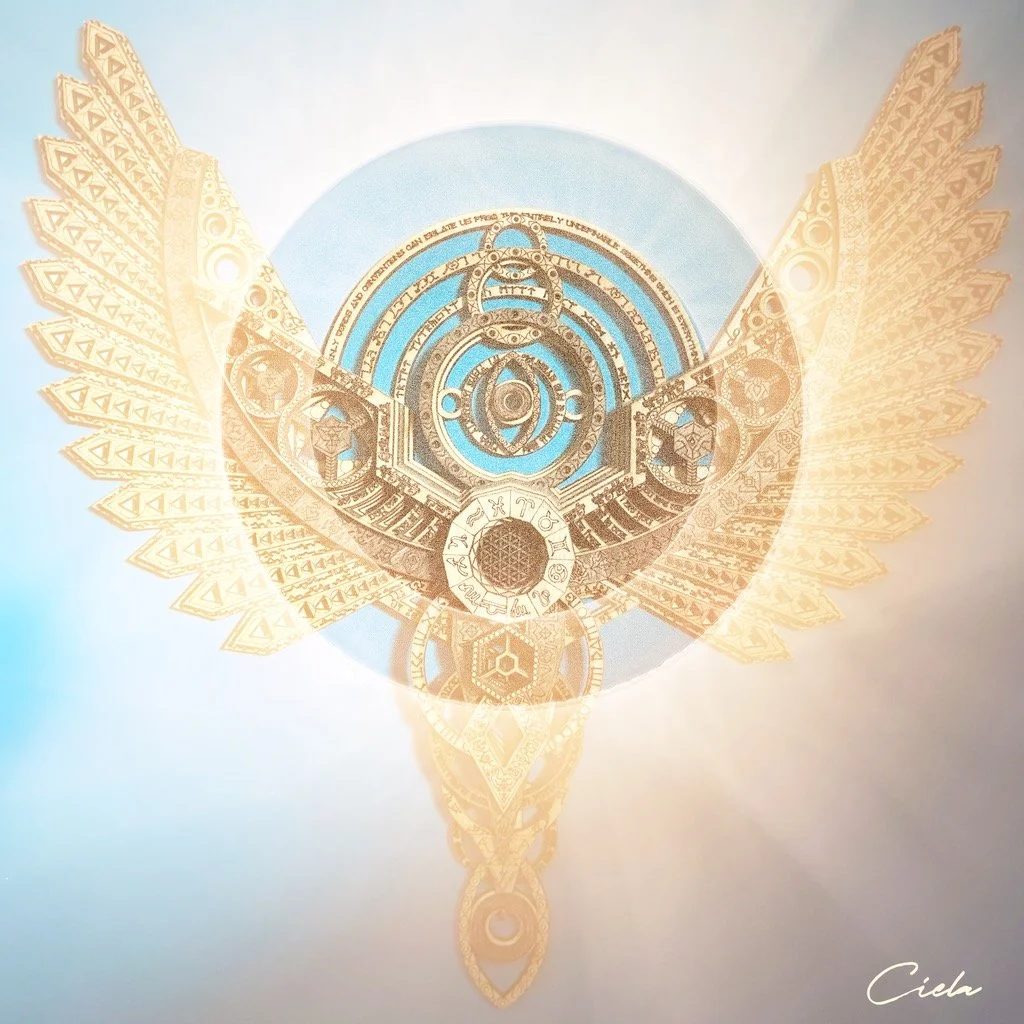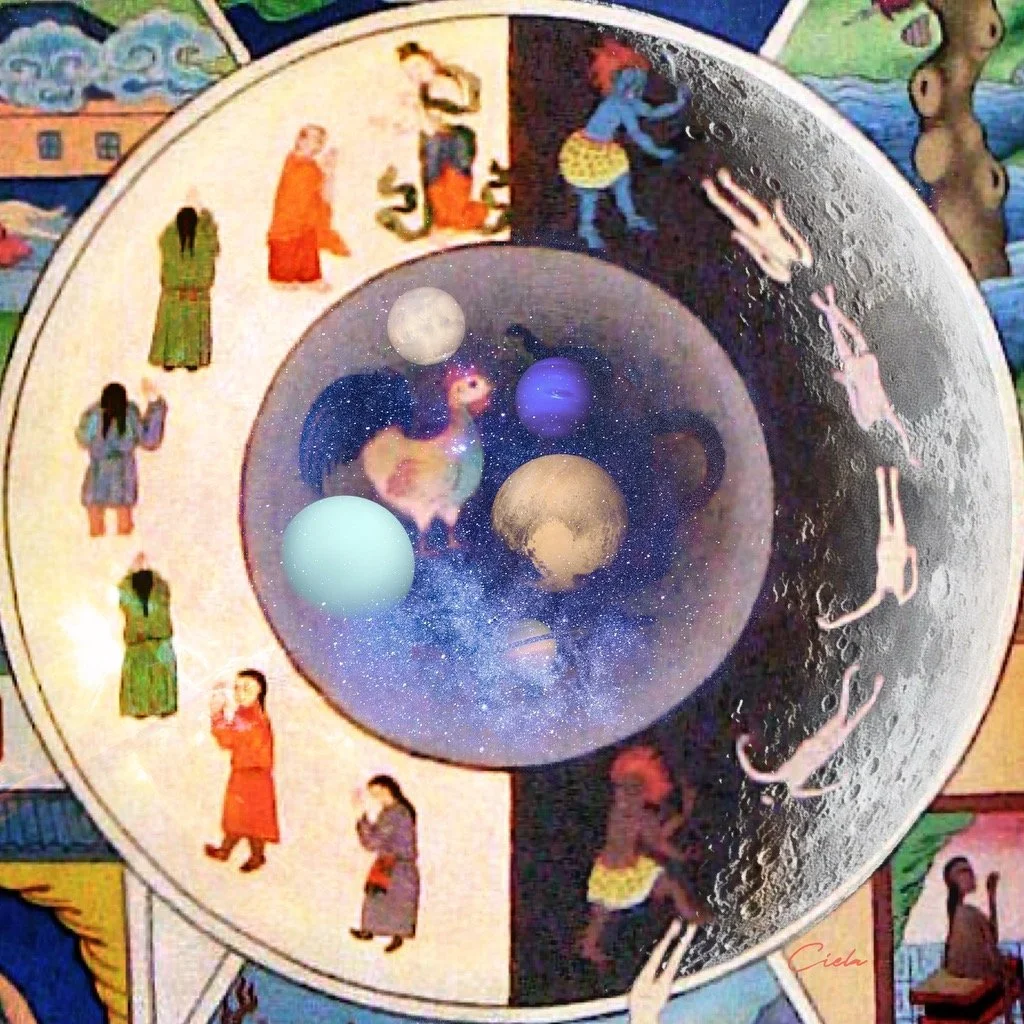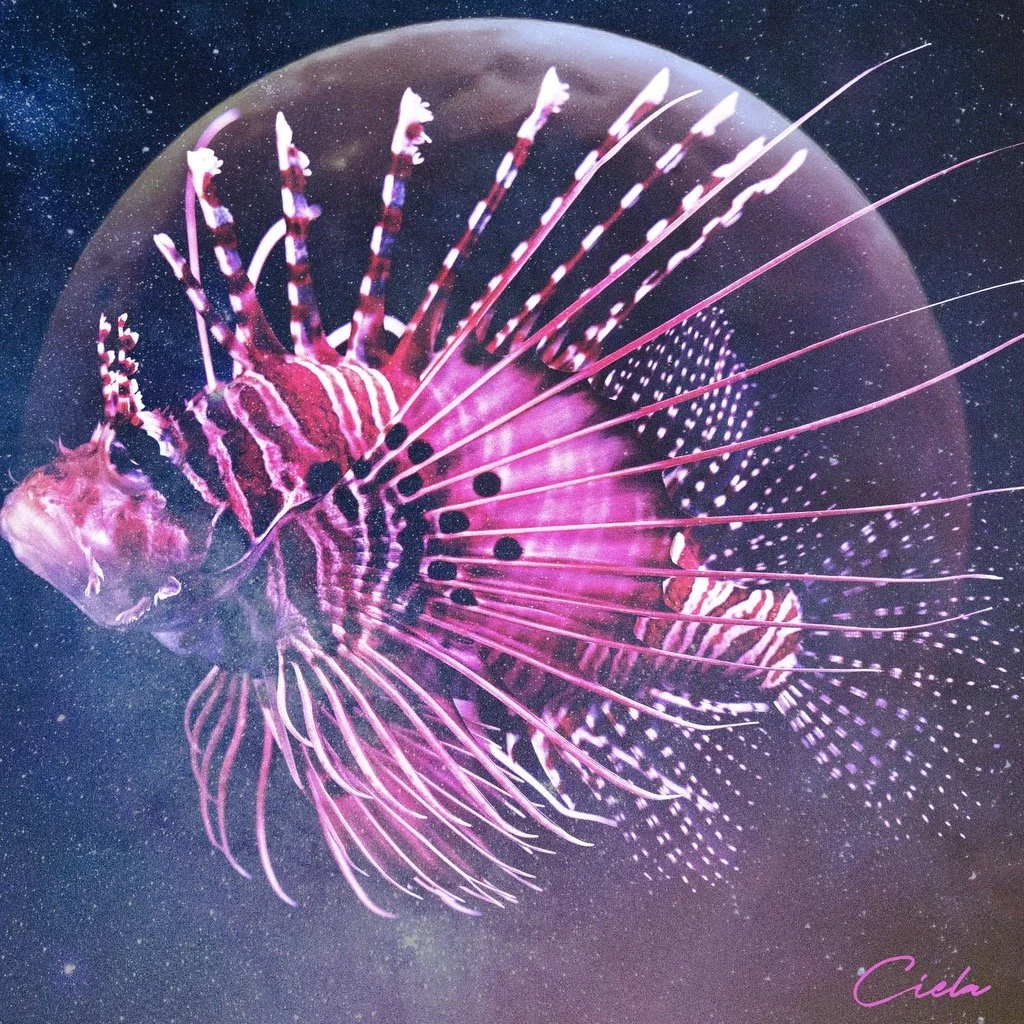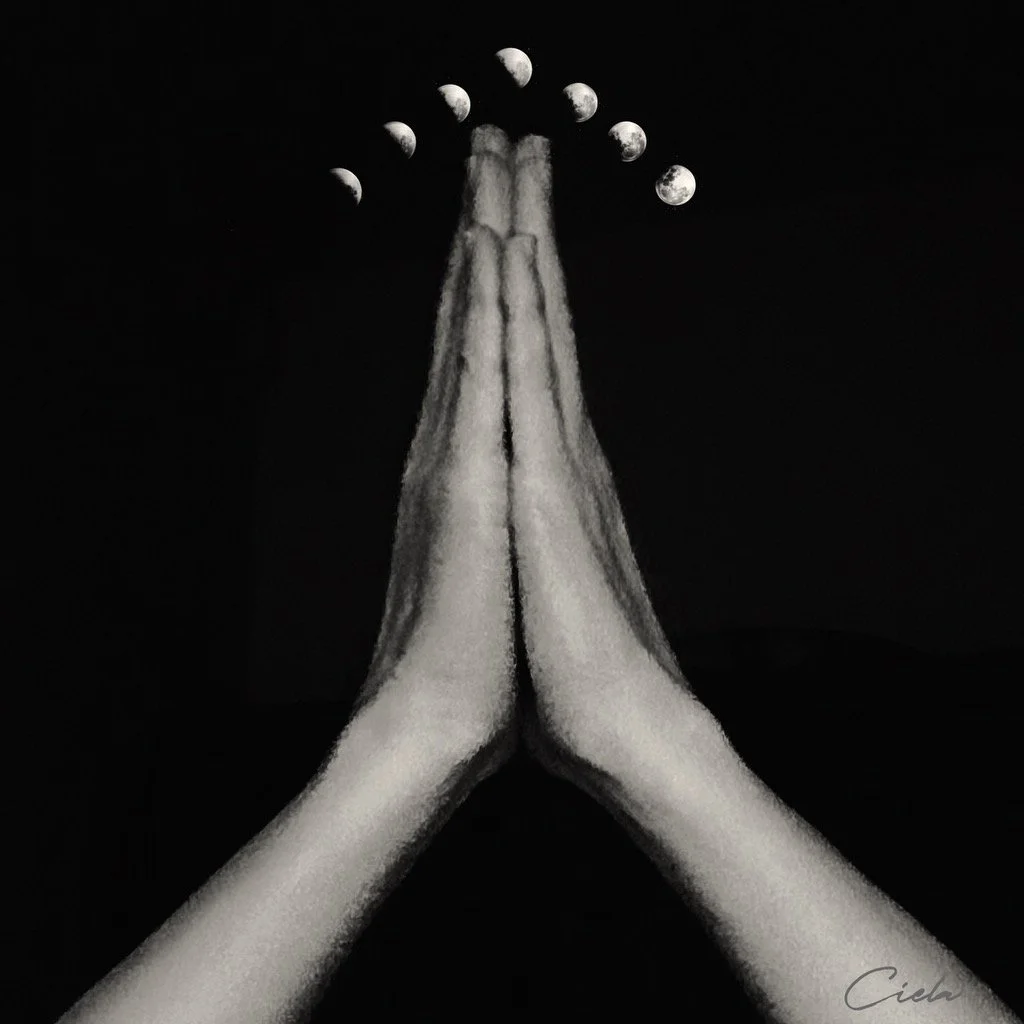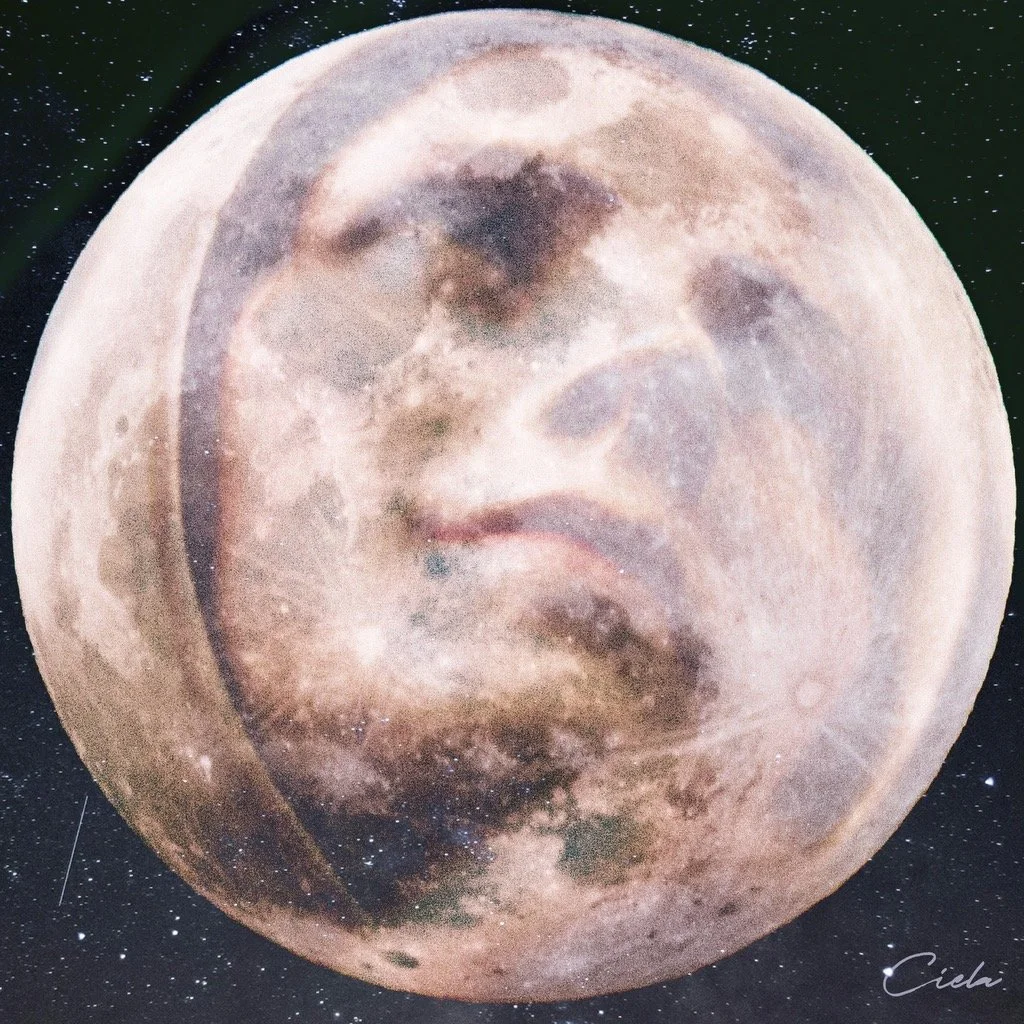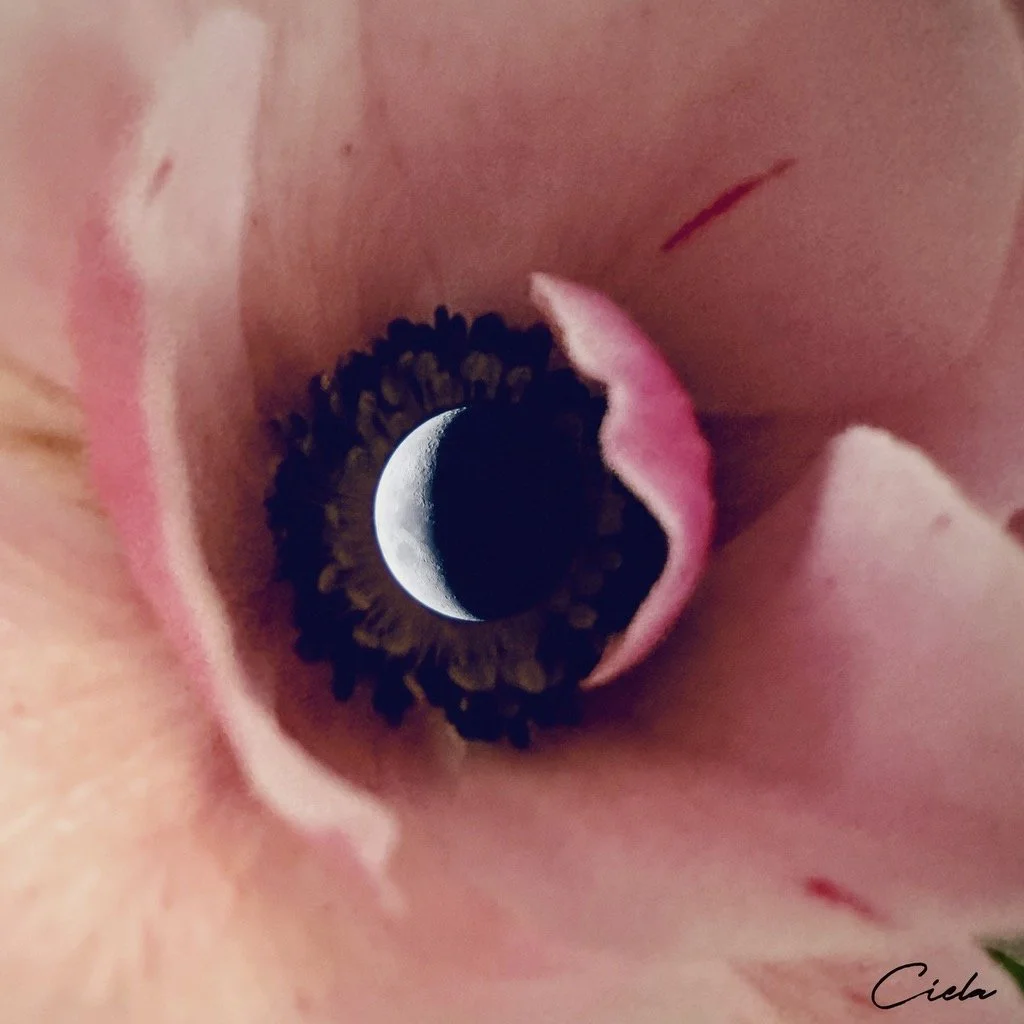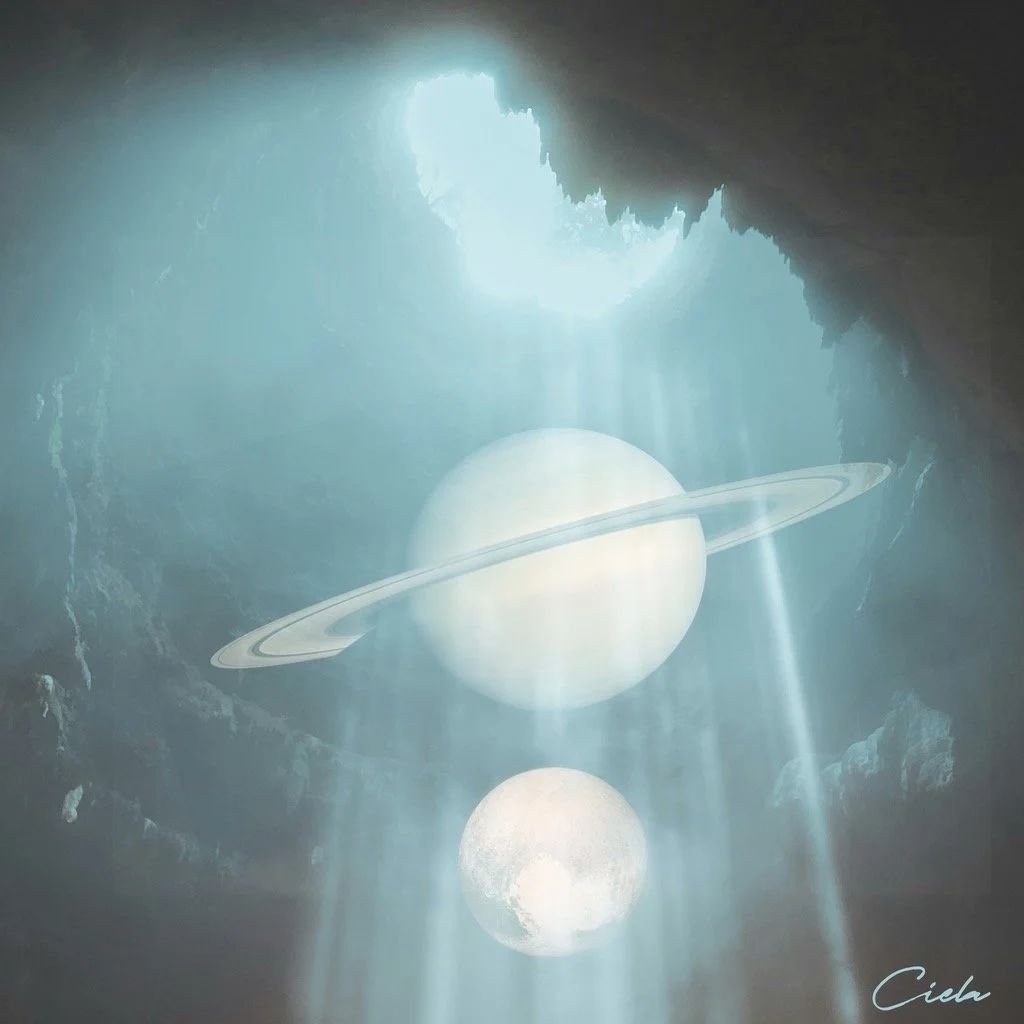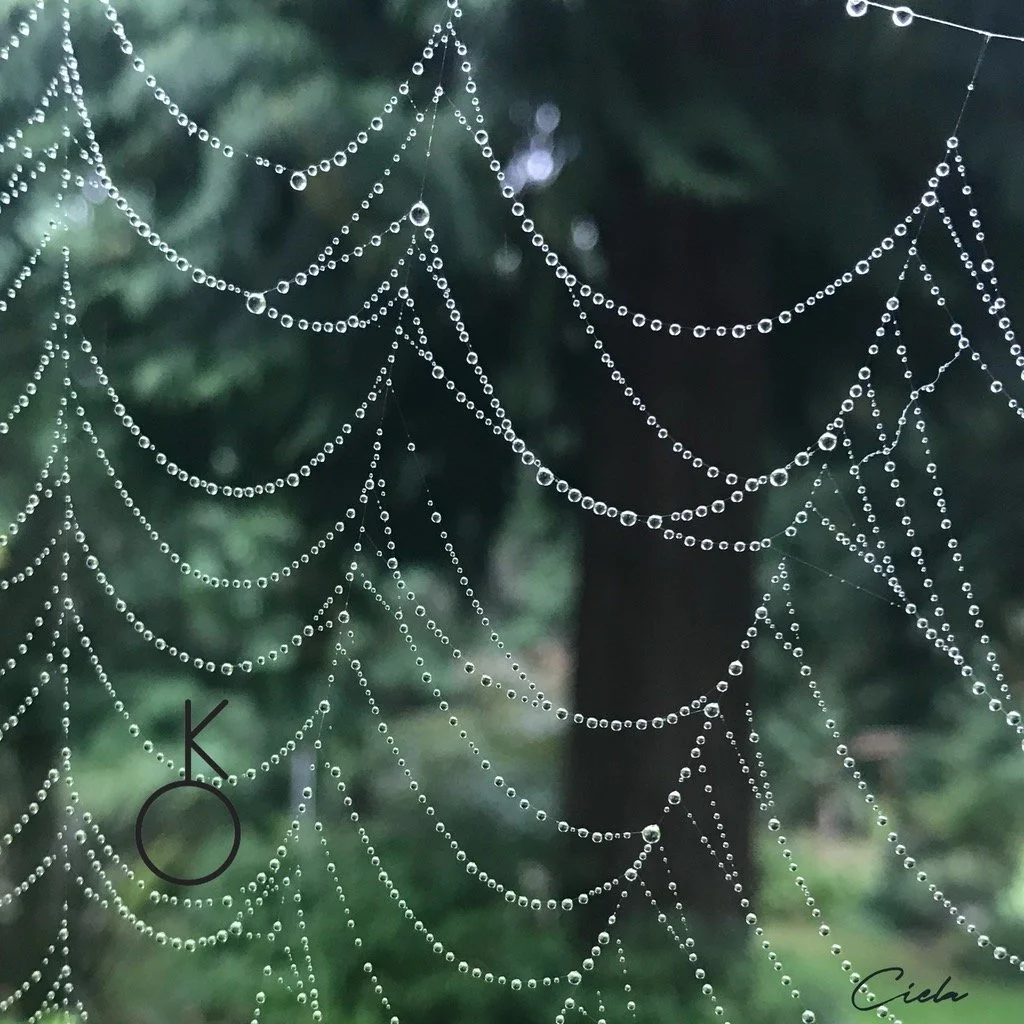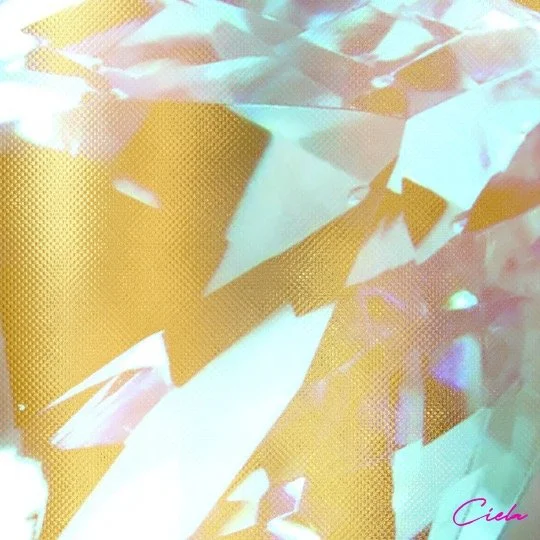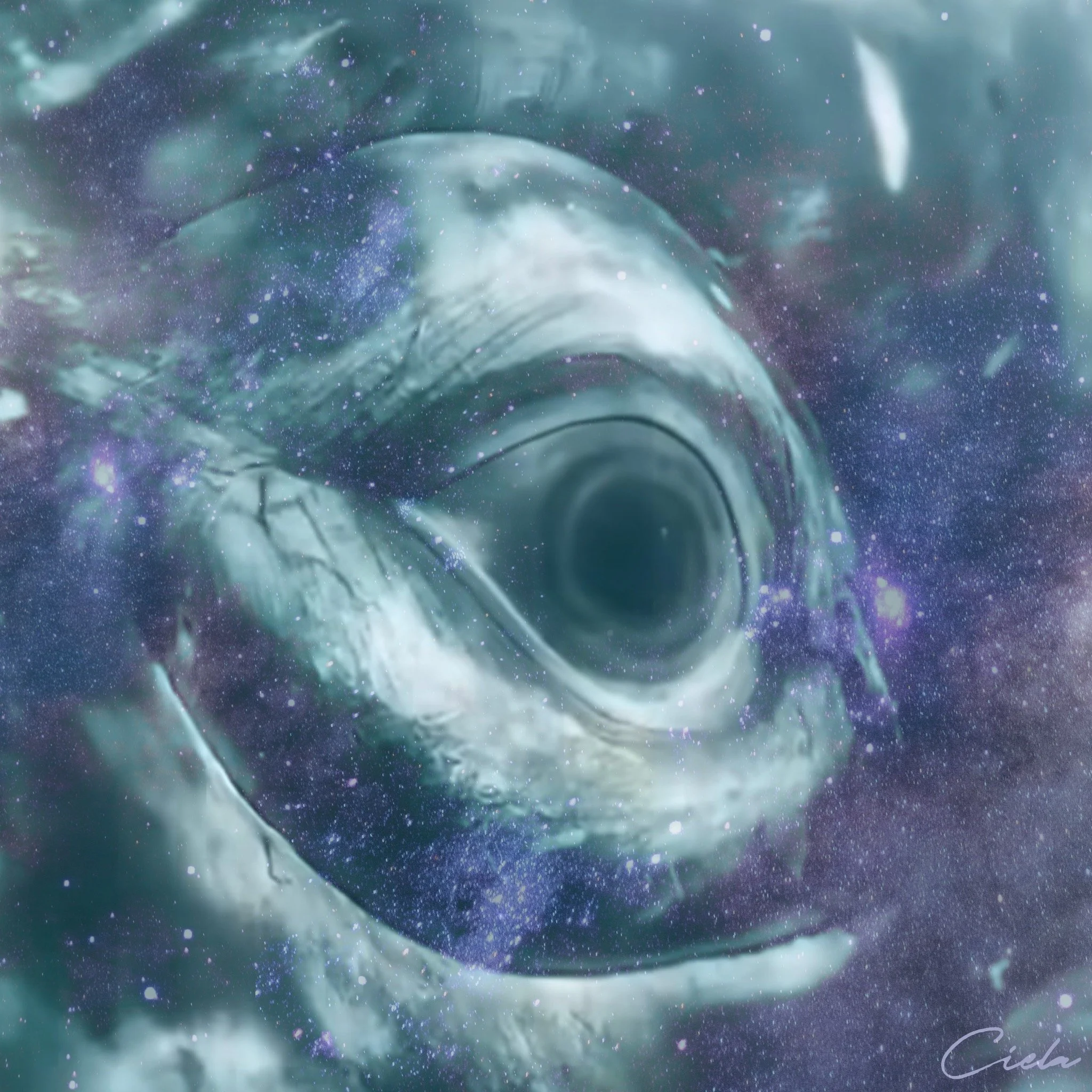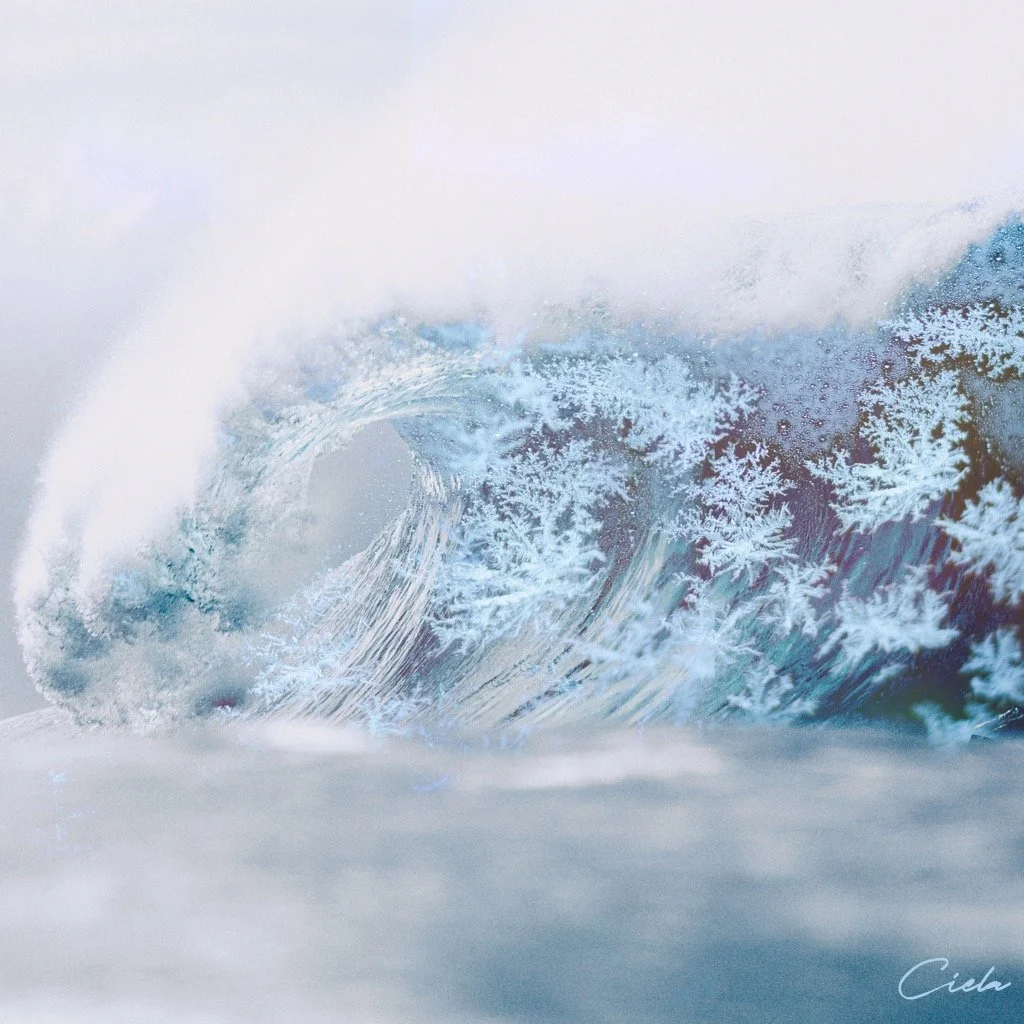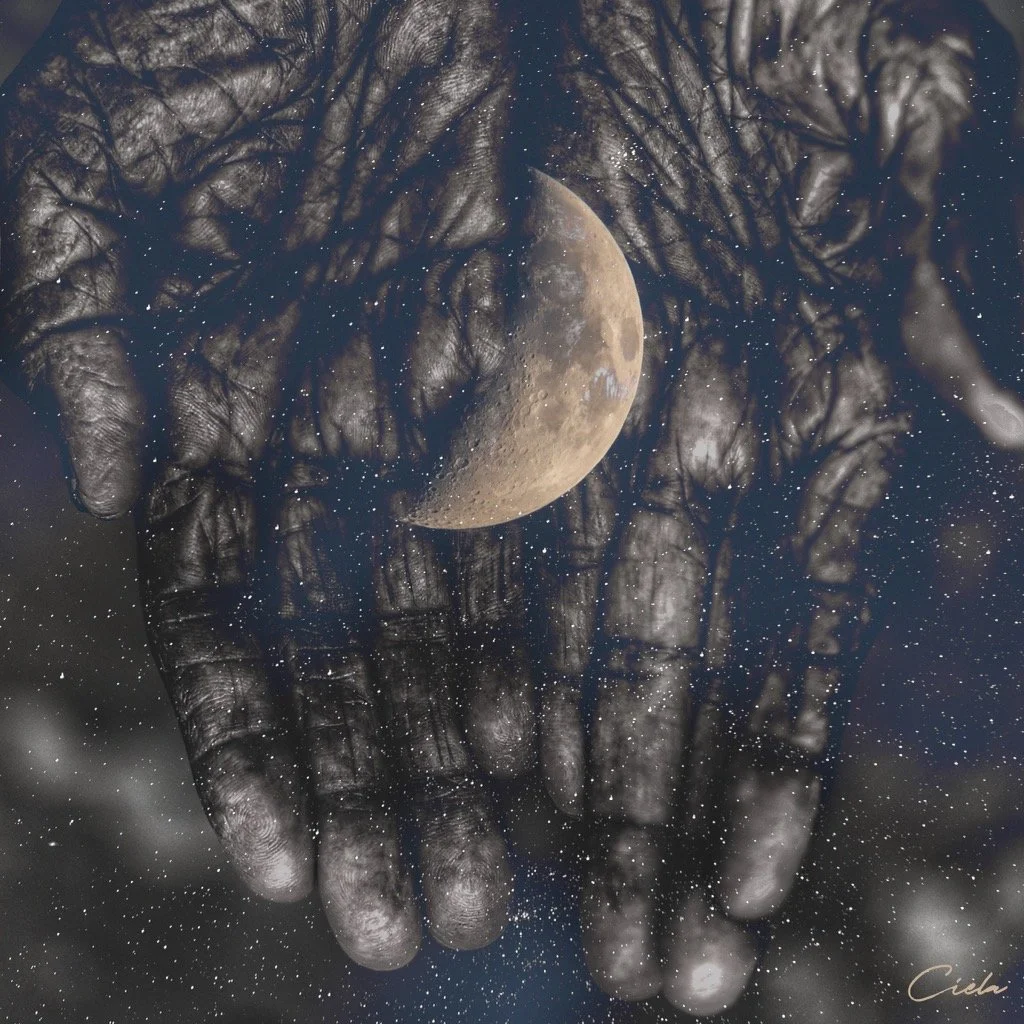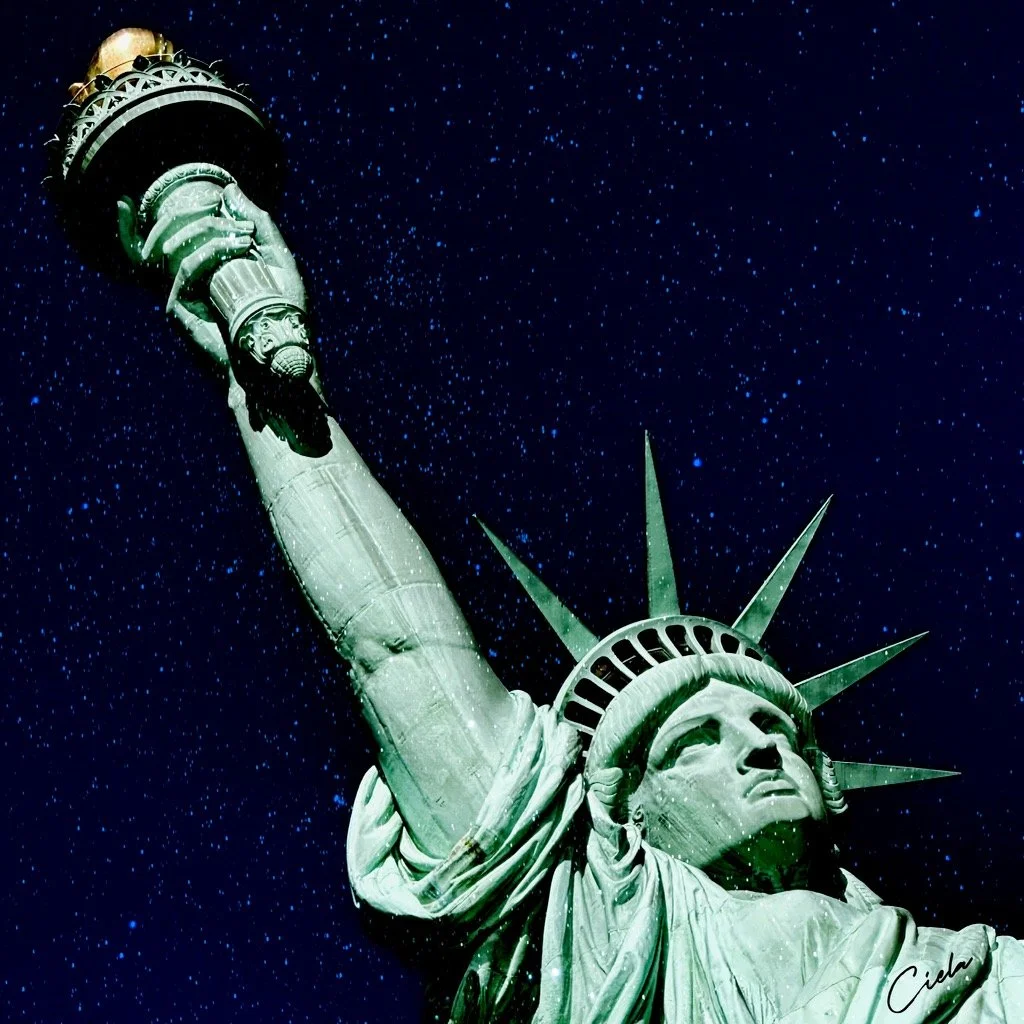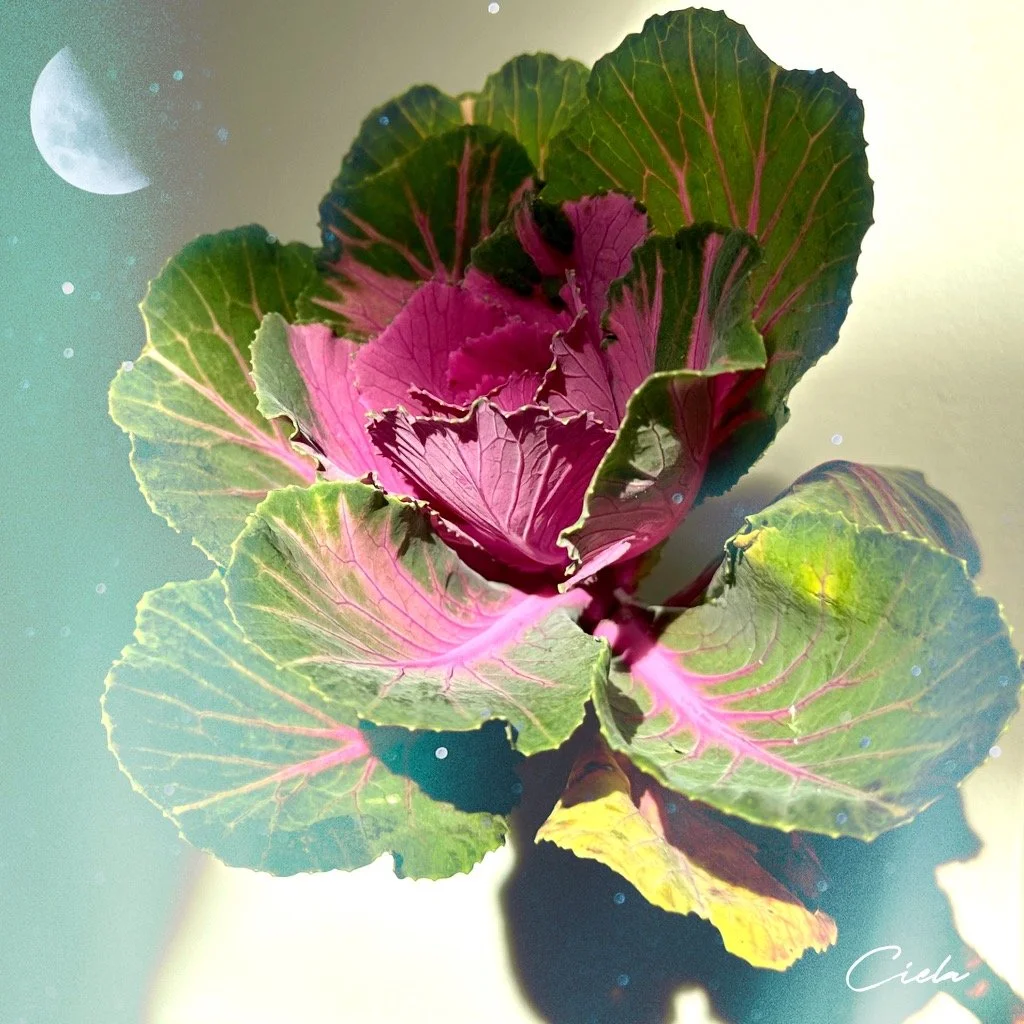What Is Your Problem?
How to Find Solutions by getting to know our problems
Q: What Is Your Problem?
A: When you read this, what comes to mind? It is a strong question and when I ask myself this, I almost don’t know where to start. Are we talking about the subtle realms, irritations that weave like mycelium from the present moment all the way to a deeply ravined origin of the past? Or pointing to something on the macro scale such as climate change or the current mental health crisis that will become more and more apparent as time ticks on? Is there a difference?
Problems are a human experience. They can touch every area of life and expand from minutiae to Gordian Knot class. They teach us how to grow and remind us when we are out of alignment. Each problem comes with an invitation to solve, resolve, or accept defeat when unresolvable.
Most likely you have a few that come to mind with this provocative inquiry. From your current perspective can you begin to see the spectrum that extends from the close-up and deeply personal experience of challenge that then stretches like a thread from you through the realms of intimate family, friendships, co-workers, community, world, and beyond?
Exploring A Problem
Let’s explore if you’re up for it? Begin by taking a few deep breaths and allow one of your current problems to surface front of mind. Gain some objectivity by imagining looking at it as if an object in your hand that you can turn over and look at from all sides. What form does it take? Does it become a substance that rests in your hand or does it seep through your fingers? What color is it? Does it breathe? Is there a scent associated with this problem? How does it feel as it touches your skin? Warm? Cold?
Now back to you. What are the emotions that surface as you observe this situation? Does your breath change? How about your temperature? Is there an emotion that arises? Where do you feel it in your body?
When I practice this, sometimes my problem will begin out in the world, i.e. something that has occurred outside of my control, and then as I turn it over, again and again, a new understanding begins to reveal itself. I can track the “problem” through my reaction/response to it and it’s as if I’m walking the tightrope thread of connection from the world to my personal sphere of inner knowing. There lies the treasure. There I am and only there can I truly face this problem, which for me, is only a problem until I transmute it into something useful.
What can be useful about problems? Everything. Where else do we grow but when we have to adapt, innovate, stretch our minds and bodies, climb an arduous peak, solve a puzzle, work our brain matter into a frenzy of productivity, or purge old emotional stagnation in order to bring forth new possibilities? Problems are a choice point in life. The question: Will we become part of the problem? Or rise to the occasion and live as part of the solution?
Homer’s Odyssey
Have you studied the life of Odysseus and his epic odyssey of returning home to Ithaca post Trojan War? This is one of the most powerful expressions of myth to describe the soul's journey of returning “home” after having strayed far away into the slumber of life. Odysseus encounters one arduous problem after the next, nearly losing his own life several times, with loss, tragedy, distraction, and difficulty being the recurrent themes that weave throughout. Every problem he encounters is a lesson, a mirror reflecting a deeper unconscious desire or obstacle to overcome. If he didn’t have the opportunity to approach these “problems” there would be no growth, no forced contemplative moments while hanging onto broken pieces of ship floating in the sea, or the kind of courage it takes to pull one from the lair of temptation.
This myth deserves a much more extensive exploration of thought than a synthesized paragraph, however to further our current relationship to our problems, it feels important to note that the sum of all of Odysseus’s hardship points to only one—his erroneous attempt to do it by himself without the need for support or a nod to that which is greater than himself. Again and again, he is pummeled into the tumult of trying to brute force his way forward. It isn’t until he learns to accept the assistance of the Gods through embodying humility that he is able to finally return.
The problems we overcome in our own life’s odyssey are the same gems that forge our character, that instill values and principles into our depths, and teach us what our life is about. By transmuting the challenges around and within us we come to a more intimate understanding of why we are here and what purpose is worth living for. May you be well, fellow traveler, as you continue to navigate the seas of this profound and mysterious day into night into days...
For more musings like this, subscribe here
We cannot change the world until we accept we are the world. This is the new conversation.


